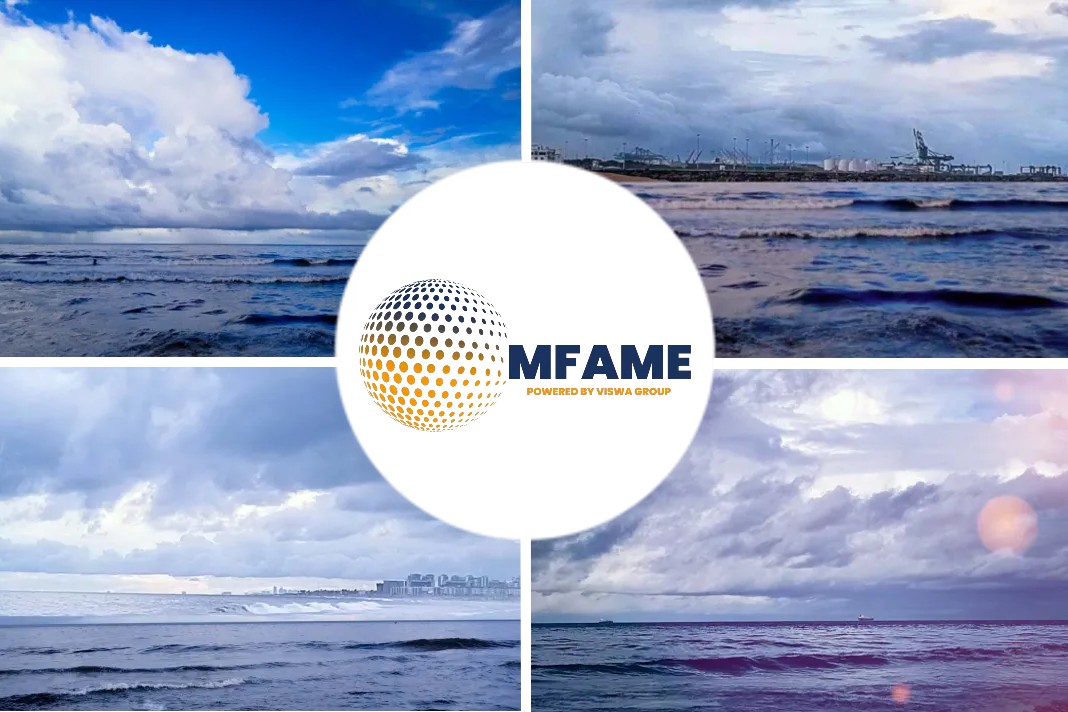According to an analysis of the scrubber orderbook by class society DNV GL, ship owners are increasingly choosing systems that discharge treated water containing the sulphur removed from exhaust gases to the ocean rather than storing sludge onboard for disposal at ports.
Scrubbers strip sulphuric gases from ship engine exhaust, enabling vessels to comply with IMO’s impending global limit on fuel sulphur while still burning heavy fuel oil – possibly at a significant saving compared to using low-sulphur fuels. Oil company Shell recently forecast that around 2,000 ships will deploy scrubbers by the time the cap enters force in 2020.
Open loop scrubbers
DNV GL’s analysis shows that open-loop systems now comprise 49% of the scrubber orderbook, around 400 of 817 systems. Closed-loop scrubbers represent just 5% of all orders, with just 41 systems due for installation so far. Hybrid systems, capable of both closed-and open-loop operation, account for 35% of orders (286 systems), with the remainder unconfirmed.
Disposal at ports
One large ship owner has received quotes for sludge disposal that varied by a factor of 20 times at a single port, between €20 and €400 per tonne, according to Rene Diks, managing director, inert gas and exhaust gas cleaning systems, Alfa Laval. Such uncertainty and its impact on owners’ payback calculations could explain the shift toward open-loop systems, which greatly reduce the amount of sludge produced.
Low cost choice
Stine Mundal, head of section, environmental certification, DNV GL, noted that owners were attracted by the lower cost of open-loop scrubbers as well as being reassured by the ability to ‘upgrade’ to hybrid operation at a later date if required.
She added that the increase in open-loop scrubber orders could also reflect owner confidence that discharge into the sea would not be further legislated for at IMO level.
Did you subscribe for our daily newsletter?
It’s Free! Click here to Subscribe!
Source: The Motorship
















